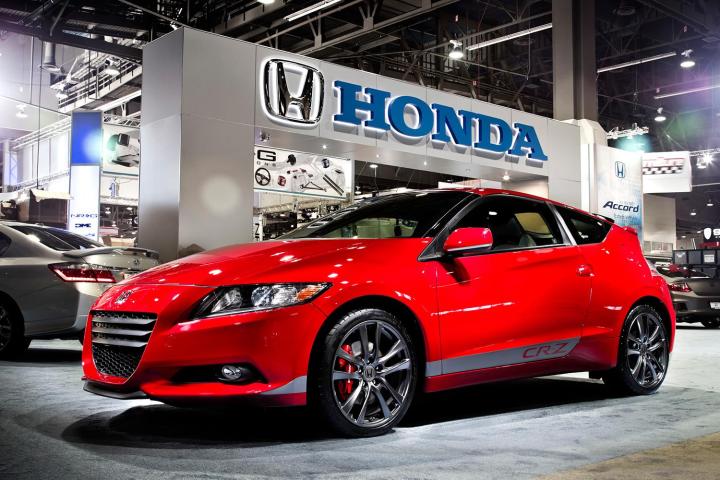
According to a source close to Car and Driver, the American market might get a completely revamped CR-Z that ditches the lackluster hybrid and instead straps in the new 2.0-Liter VTEC turbocharged four-cylinder engine, along with a massive nose-to-tail overhaul. The engine probably won’t pump out the full 305 horsepower and 295 pound-feet of torque as it does in the Type R, but will instead get a still substantial 280 hp.

Body-wise, the new CR-Z will no longer be built on the Fit platform, but will instead be developed on the one used in the new civic with four inches shaved off. Its look will be more in line with the current design language, with a few of the design elements mirroring the new NSX and a few from the Civic Type R as well, giving it a much more aggressive look over its could’ve-been-sporty-but-ultimately-dopey current styling.
No matter how reliable the source is, nothing is for certain in these cases, but we’re certainly excited for the prospect of Honda reworking a lackluster hybrid into an affordable performance car with street cred. If what we’re hearing has any truth, then we’ll most likely see a concept of some sort of announcement around this time next year.


